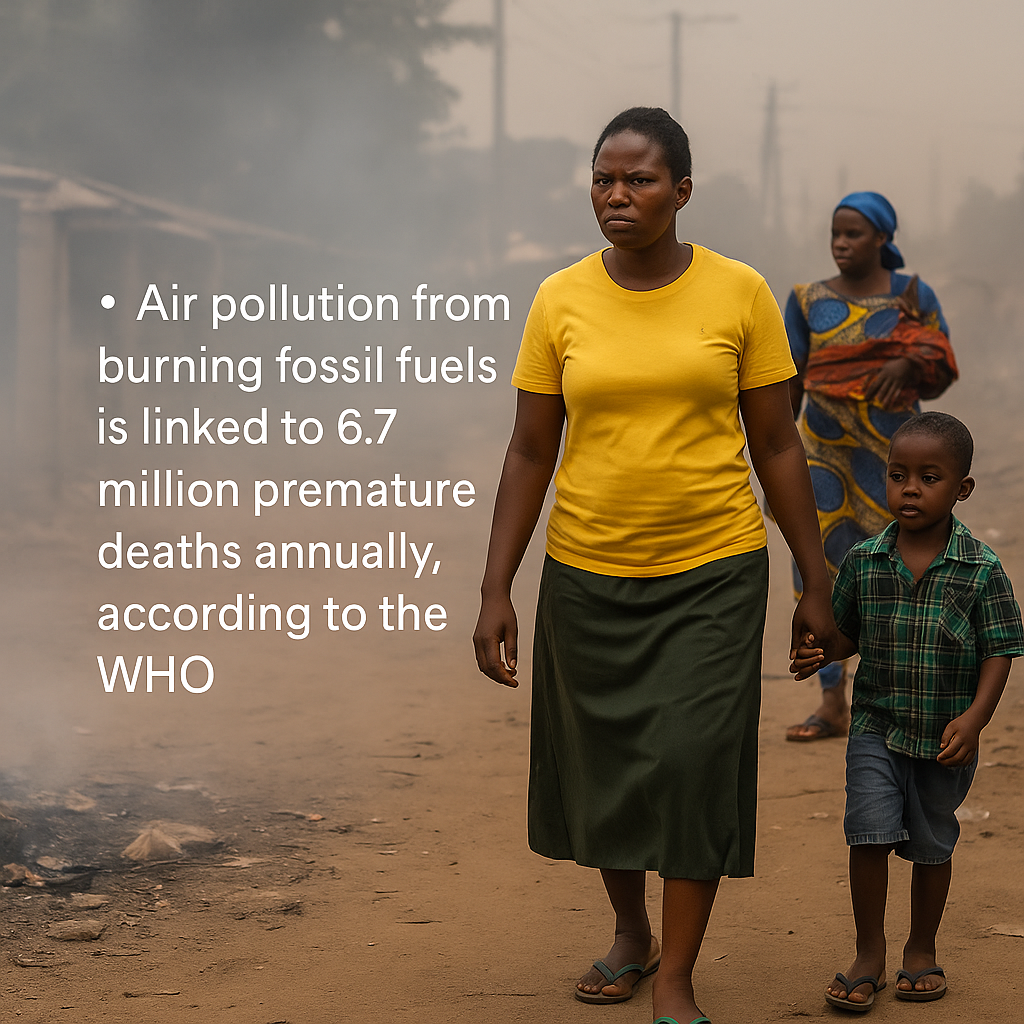Human health is deeply interconnected with the health of our planet. As the United Nations Development Programme (UNDP) underscores in a recent report, the worsening impacts of climate change—from extreme heat and wildfires to food insecurity and disease outbreaks—are already reshaping global health. And unless healthcare systems prepare, the health sector will continue to be caught off guard by crises that are both predictable and preventable.
The Health Impacts of Climate Change
Extreme heat. In 2023 alone, nearly 50,000 lives were lost in Europe as a result of heatwaves. By 2100, an estimated 2 billion people worldwide could be exposed to severe heat events, with South and Southeast Asia at highest risk. Longer wildfire seasons compound this threat, doubling the frequency and severity of extreme wildfires over the past 20 years.
Severe weather. Between 1970 and 2021, storms, floods, and landslides caused more than 2 million deaths globally—90% of them in low- and middle-income countries. Such disasters inflict immense physical harm while also disrupting the very health systems needed to respond, from damaged facilities to interrupted power supplies.
Air pollution. The World Health Organization (WHO) estimates that 6.7 million premature deaths each year are linked to air pollution from burning fossil fuels. Beyond respiratory illness, polluted air is also tied to cancers, cardiovascular disease, dementia, and adverse maternal outcomes. Almost 99% of the world’s population now breathes air considered unsafe.
Infectious disease. Climate shifts are expanding the range of disease-carrying mosquitoes and other vectors. Rising temperatures alone could increase cases of dengue, Zika, and chikungunya by 20%. By 2040, up to 5 billion people may be at risk of malaria due to changes in disease spread and habitat disruption.
Food insecurity and malnutrition. Climate-linked droughts, floods, and shifting seasons are undermining food supply. UNDP’s data shows that in 2020, climate extremes pushed 98 million additional people into moderate to severe food insecurity compared to historic averages.
Mental health. The trauma of floods, fires, and displacement takes an enormous psychological toll. Climate anxiety is also rising, especially among young people who must face an uncertain future. By 2030, the additional global cost of climate-related mental disorders may reach US $47 billion annually.
Why This Matters for Healthcare
Healthcare professionals are on the front lines of these crises. Yet many health systems themselves are not climate-resilient. Facilities can lose power during storms, struggle with supply shortages, or lack cooling during heatwaves—leaving patients vulnerable when care is most needed.
At the same time, the healthcare sector is responsible for 4.6% of global greenhouse gas emissions, according to the WHO. One in three healthcare facilities lacks safe waste management. Without reform, the very systems designed to protect health will continue contributing to the climate crisis.
Building Resilient, Sustainable Health Systems
UNDP and WHO call for coordinated action to build climate-informed, green, and resilient health systems. This includes:
- Integrating health into climate policy. Only one-third of national climate pledges currently reference health outcomes or adaptation. That must change.
- Climate-proofing facilities. Buildings and supply chains need to withstand heatwaves, floods, and other disruptions.
- Training health workers. Clinicians, managers, and administrators must be prepared to respond to climate-driven health risks. They should also engage with their patients to educate them to be prepared to protect themselves from the health threats of global warming.
- Greening healthcare operations. Energy efficiency, renewable energy, waste reduction, and sustainable procurement can dramatically reduce both costs and emissions.
How My Green Doctor Can Help
At My Green Doctor, we believe protecting health means protecting the planet. That’s why our consulting services help clinics and healthcare organizations take practical, cost-saving steps toward resilience and sustainability.
We guide practices to:
- Reduce waste and emissions through smarter purchasing and energy use.
- Prepare staff and systems for climate-related health risks.
- Communicate sustainability leadership to patients, building trust and credibility.
- Save money by preventing waste at the source rather than paying for it later.
The climate crisis is here. The health crisis is here. But with informed choices, healthcare practices can protect patients, communities, and the planet—while reducing costs and leading the way in sustainability.
Sources:
United Nations Development Programme (UNDP). Climate and Health Report, 2023.
World Health Organization (WHO). Air Pollution and Health Data, 2023.


